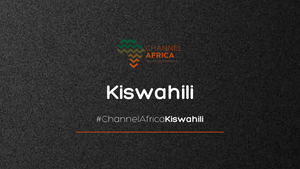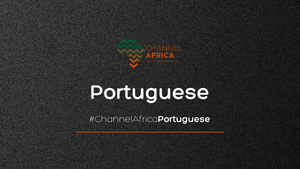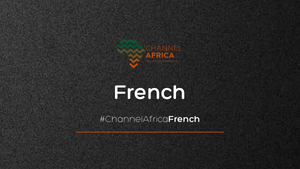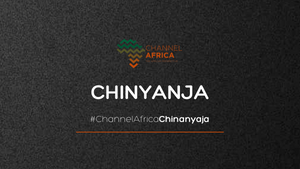Speaking in an interview as the country marks Kwibohora, or Liberation Day, Nyiringabo said the 4th of July stands as a powerful symbol of Rwanda’s transformation since the 1994 genocide.
The day marks the moment when the Rwandan Patriotic Front (RPF) captured Kigali, ending 100 days of mass killings that left close to a million people dead. But, says Nyiringabo, liberation is not defined by that military victory alone.
He says liberation began long before Kigali fell and has continued well beyond, driven by the ideals of unity, justice and opportunity. “Liberation,” he explains, “is about restoring dignity, ensuring equality and building a society where every Rwandan has a fair chance.”
While April 7 remains a day of mourning to remember the genocide’s beginning, Nyiringabo notes that July 4 is widely viewed as a day of hope, a chance to reflect on progress and imagine what’s possible in the years ahead.
This year’s commemoration follows the signing of a new peace deal between Rwanda and the Democratic Republic of Congo, which calls for the dismantling of the FDLR, a militia group formed by remnants of the genocidal regime. Nyiringabo believes the agreement comes at a meaningful moment.
He says the group represents an ideology that was defeated in 1994 and that its dismantling is crucial not only for regional peace but as a continuation of Rwanda’s liberation journey.
In the 30 years since the genocide, Rwanda has become known for its strong social programmes, political stability and digital transformation. According to Nyiringabo, these achievements are rooted in the country’s understanding that liberation must be lived, not just remembered.
He points to free universal healthcare, compulsory education, and housing support for the poor as examples of what he describes as Rwanda’s “welfare-driven” approach. He adds that true freedom comes when people have the tools to improve their lives, and not merely survive.
Nyiringabo also highlights Rwanda’s success in women’s leadership, saying it’s one of the country’s proudest accomplishments. He notes that women make up the majority in parliament, but also lead in sectors such as banking, education and aviation.
He says empowerment began with political inclusion but has extended into the economy and wider society. “It’s not symbolic,” he explains. “It’s structural, and it’s working.”
He also emphasised the importance of welcoming Rwandans in the diaspora. He says no citizen should ever feel forced into exile and that the country belongs to all its people, wherever they may live. Rwanda, he adds, must remain a home for all Africans who wish to contribute to its growth.
As Rwanda continues its drive towards industrialisation and digitisation, Nyiringabo stresses that the values of Kwibohora, self-determination, equity, and shared responsibility, must continue to guide the country’s development.
He believes poverty, not ethnicity or regionalism, is now the greatest challenge facing Rwanda. “If we are to remain truly free, then development must reach everyone,” he says.
--ChannelAfrica--












